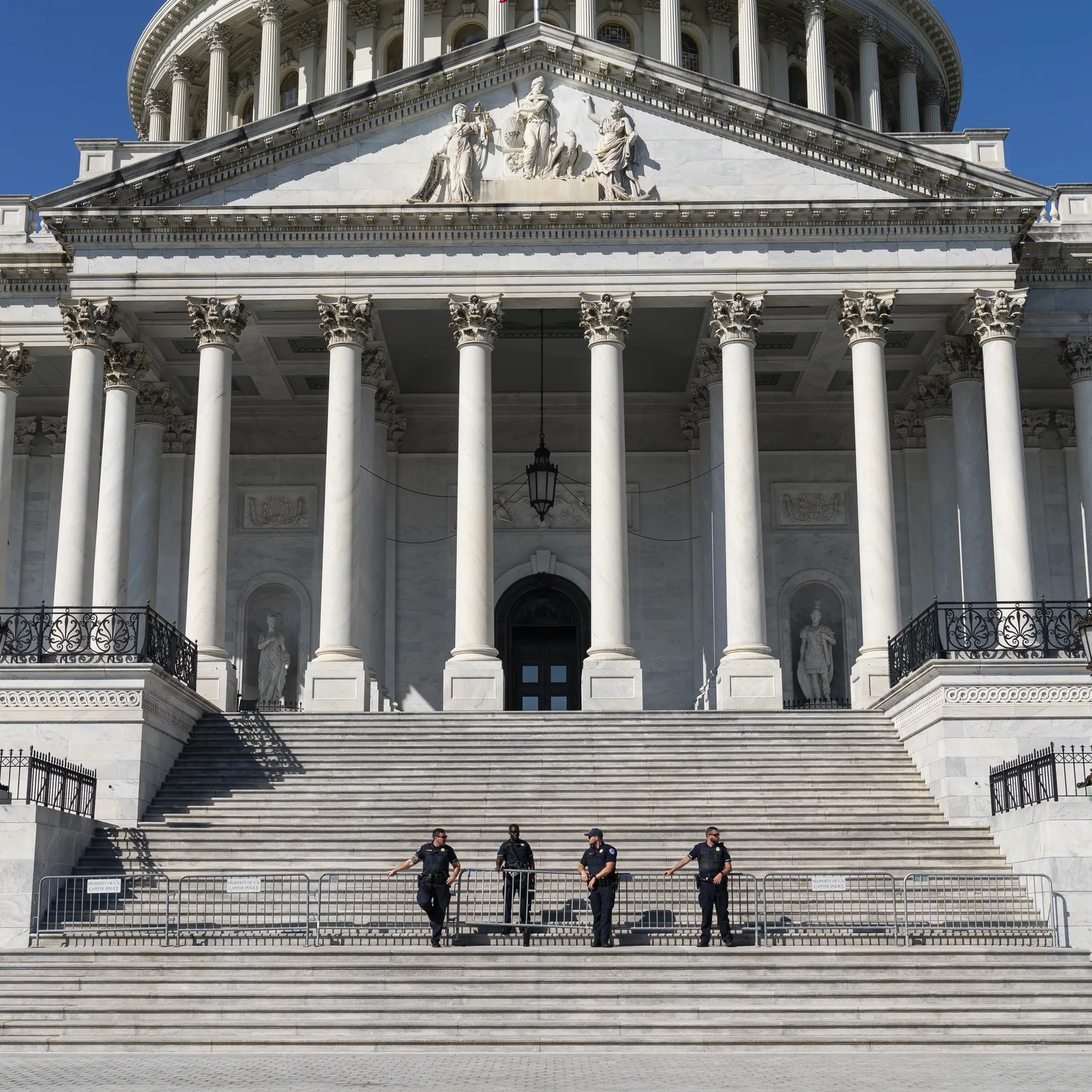Trump"s Grip on GOP Tightens
In a shocking turn of events, Republican Senator Thom Tillis of North Carolina announced he will not seek re-election in 2026, just hours after former President Donald Trump threatened to back a primary challenger against him. This decision underscores the tightrope that GOP members must walk in the current political climate, where loyalty to Trump supersedes traditional governance principles.
Partisan Gridlock Consumes Congress
Tillis"s resignation shines a glaring light on the partisan gridlock that has paralyzed the Senate. In his statement, he lamented that leaders willing to engage in bipartisanship and independent thinking are becoming "an endangered species." This sentiment resonates deeply, especially considering that bipartisan cooperation was at a historic low in 2023, with the current landscape heavily skewed towards extreme partisanship.

Trump plane flies over North Carolina rally site | Fox News Video
Implications for North Carolina Politics
The vacancy left by Tillis is significant. North Carolina has typically leaned Republican in presidential elections, with the exception of Barack Obama in 2008. The National Republican Senatorial Committee Chairman Tim Scott boldly proclaimed that the state will continue to elect conservative leaders committed to "opportunity, prosperity, and security." However, this claim ignores the reality that the state"s electorate is becoming increasingly diverse and progressive, seeking representation that reflects their values.
Trump"s Tax Legislation Sparks Controversy
The backdrop of this political turmoil is a massive tax bill that Trump is pushing through the Senate. Critics argue that this legislation will disproportionately benefit the wealthy, further exacerbating economic inequities. As reported by Rice University, Trump"s proposed policies come with significant risks, including potential rollbacks of civil rights protections and heightened economic disparities.

Us Capitol Inside
Independent Voices Silenced
Tillis"s departure signals a troubling trend within the GOP—a party increasingly intolerant of dissenting opinions. His remarks about the hypocrisy in political discourse highlight a critical issue: when independent thinkers emerge from the Republican ranks, they face scorn and ostracization. This phenomenon is alarming, especially in a democracy that thrives on diverse viewpoints. According to Senate Democrats, nearly 96 percent of bills passed in 2023 enjoyed bipartisan support, suggesting that there is still room for collaboration, but it is being stifled by party loyalty to Trump.
The consequences of Tillis"s exit extend beyond North Carolina. His resignation may embolden more moderate Republicans to reconsider their positions, or it could further entrench the party"s alignment with extreme right-wing ideologies. As the GOP grapples with its identity crisis, the future of American democracy hinges on whether it can embrace a more inclusive and open political discourse.



![[Video] Gunfire between Iraqi security forces and Sadr militias in Baghdad](/_next/image?url=%2Fapi%2Fimage%2Fthumbnails%2Fthumbnail-1768343508874-4redb-thumbnail.jpg&w=3840&q=75)
